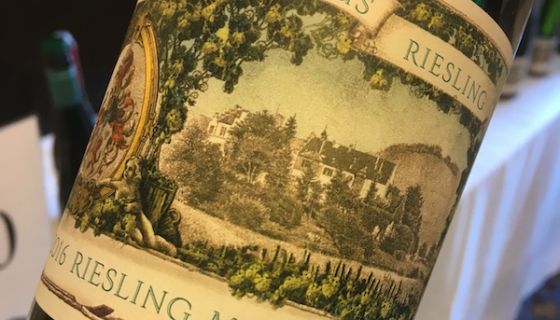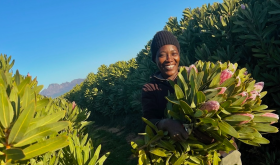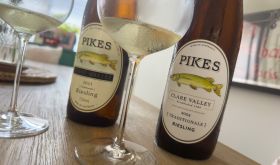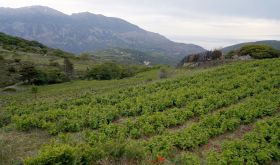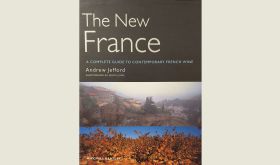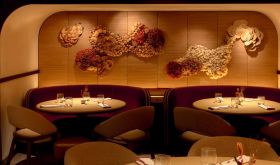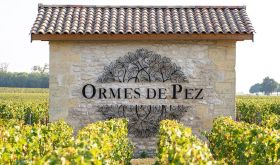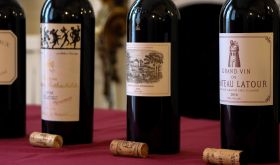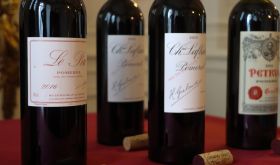From €9, £12.60
If ever there was such a thing as a gateway Riesling, this new cuvée from von Schubert in the Mosel is it. I would defy the most hardened sceptic not to be won over by the purity, fragrance and miraculous balance of this delicious wine. But there’s more to it than that.
Two years ago, at a celebration of German Riesling, I heard Hugh Johnson eulogise about the variety. He made a point that has stayed with me ever since: that Riesling is better and more worthy as wine with sweetness than as one without. He argued that because Riesling is one of the few varieties that can achieve exquisite harmony between modest alcohol, high acidity and residual sugar, there is a duty among the wine world to honour this style.
But the pendulum of taste has been swinging further and further towards dry whites, and all the excitement about German Riesling tends to be focused on the annual Grosses Gewächs releases, as evidenced by our coverage this week. But the world is awash with top-quality dry white wine, and gushing over GG Rieslings at the expense of their poorer, sweeter cousins is to miss the USP of the variety.
Which is why Maximin Grünhauser Monopol Riesling 2016 deserves our attention. It’s only just off dry with 12.5 grams of sugar per litre, and plenty of acidity giving that precious balancing refreshment – it has the classic elegance which makes the Mosel region so famous, including merely 11.5% alcohol. The fruit comes from their own vines in the Herrenberg and Abtsberg vineyards. They can trace the history of the estate back to Roman times, and within their own family tree back to 1810. Since 2004, Stefan Kraml has been making wine there, and since last year they have rejoined the VDP – read What's new in Germany for more information on this.
It’s also very good value at £50 for a case of six en primeur from Justerini & Brooks (or £12.60 per bottle once it’s available at full retail price) and as little as €9 in Germany. As a new release of a new cuvée, it doesn’t yet seem to be widely available elsewhere in the world, but I hope it will be because it is just the kind of wine that should remind us of what Riesling can do.
The fruit character has a sour citric tang to it, with the same kind of bitter flavours that are so popular in Aperol spritzes and Negronis at the moment. There is a herby freshness giving complexity, as well as an underplayed honey character giving weight and the slightest tease of sweetness on the finish. But the thing that really marks the quality of this wine is the persistence of fruit, which is far lengthier than a wine of this level has a right to, and reflects the quality of the vintage as well as the excellence of the winemaking.
Furthermore, it’s a handy wine to have standing by in the rack – equally good as an aperitif, as a light lunchtime drink, or with enough flavour intensity to partner with fish, chicken, pork and spicy cuisine.
In short, it has the sheer deliciousness to convince Riesling doubters, all the typicality of the Mosel to satisfy devotees, and a combination of sweetness and alcohol of which Hugh Johnson would thoroughly approve. What more could you ask for?

